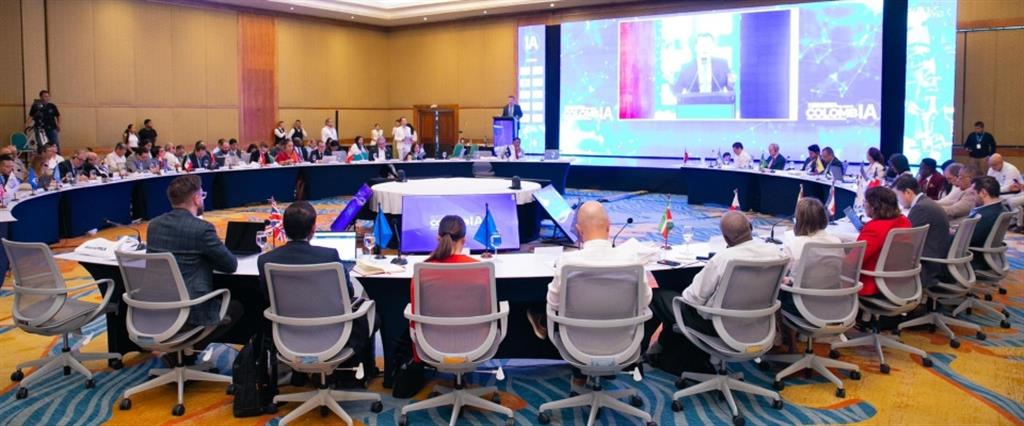This was revealed on Friday at the closing session of the Ministerial Summit on AI, which started on Thursday with attendance of 22 ministers and nine deputy ministers from 19 nations in the region.
In the Declaration, the signatory States recognized the importance of strengthening coordination and cooperation in the digital area, especially in view of the Global Digital Pact to be adopted at the United Nations Future Summit in September.
They further agreed that the document seeks to contribute to the debate on the construction of ecosystems, education and governance of AI, ahead of the challenge of guiding technological breakthrough with respect for human rights and dignity, sustainability and gender equity, taking advantage of its potential for the strength of democracies.The Declaration set out common points on three topics.
The first is Development of Ecosystems for the deployment of AI, where countries recognize the importance of cooperation to enable the development and deployment of this technological tool in an ethical, safe, inclusive, efficient and dynamic manner.
Regarding the issue of education, the document expressed the decision of the signatories to boost education, training and capacity building in digital issues, as well as the exchange of best practices regarding its use.
Finally, the commitment was reaffirmed to bolster AI Governance frameworks for the development and use of this technology in a safe, inclusive, ethical and responsible manner, respecting human rights, including in particular the right to the protection of personal data, and fostering innovation and sustainability.
According to the Colombian Minister of Information and Communication Technologies, Mauricio Lizcano, from now on work will be done on the development of ecosystems and the deployment of this technology in the region, to close gaps, as well as on education and the use of AI, so that it can be employed to promote educational support.
On the subject of Governance, it was also stated that, as a region, we will begin the construction of an ethical framework, accepting the recommendations of the United Nations Educational, Scientific and Cultural Organization (UNESCO), he added.
The Cartagena de Indias Declaration was adopted by Argentina, Brazil, Cuba, Chile, Colombia, Costa Rica, Curacao, Dominican Republic, Ecuador, Guatemala, Guyana, Honduras, Panama, Paraguay, Peru, Suriname and Uruguay, through the authorities who participated in the Summit.
jg/omr/oda/ifs










